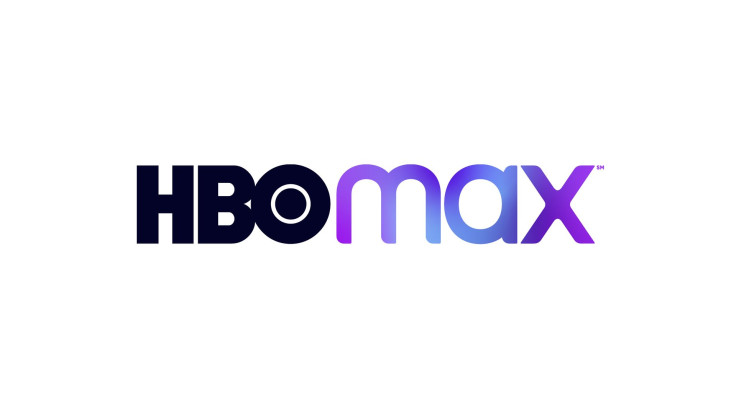HBO Max Is Trying To Use Disney And Netflix's Playbook
AT&T (NYSE:T) is taking a much different approach to HBO Max's international launch than its debut in the U.S. a year ago. The Latin American version of the service will be available next month with two plan tiers -- standard and mobile-only -- and discounts for subscribers committing to six months or a year of service.
The move reflects successful international pricing strategies from Netflix (NASDAQ:NFLX) and Walt Disney (NYSE:DIS) , two leaders in streaming. Will the strategy work as well for WarnerMedia as it has for its two larger competitors?
HBO for just $3 per month
WarnerMedia will offer its mobile-only plan in some markets for as little as $3 per month with a 12-month commitment, according to a press release detailing the launch.
That pricing is comparable to Netflix's mobile-only plans in certain South Asian markets. Management hasn't provided details for its mobile-only subscribers, but the company has said it's happy with the results so far and continues to expand the plan to more countries.
Likewise, Disney launched Disney+ in India with its flagship service priced at about $4 per month. That plan includes everything Disney and Hotstar have to offer, including many HBO programs.
HBO's standard plan will cost about $6 per month in most markets. That's less than Netflix's average revenue per user in the region, which hit $7.39 per month in the first quarter. HBO Max's standard price may also undercut Disney's Latin American pricing when users add on its sports-focused Star+ bundle. WarnerMedia's going after those sports fans with the inclusion of UEFA Champions League soccer and other live sports in Mexico and Brazil.
That low-price strategy is what helped propel Disney+ to more than 100 million subscribers in just over a year. AT&T has much lower expectations for HBO Max with an outlook for just 67 million to 70 million subscribers by the end of 2021 -- up from nearly 64 million at the end of the first quarter. That number includes about 10 million existing HBO subscribers in Latin America who will gain access to HBO Max at no additional cost.
Will it work for HBO Max?
After closing the first quarter with nearly 64 million subscribers, mostly in the United States, AT&T is very likely to hit its end-of-year outlook. Its long-term outlook for 150 million subscribers by 2025 will be much more reliant on international growth.
HBO already has a strong brand in Latin America. That's a big reason WarnerMedia chose the region as its first international expansion, and it should be able to hit the ground running with a stand-alone over-the-top service.
That said, Disney also has an extremely strong brand worldwide, but its Disney+ subscriber base is heavily concentrated in the U.S. and India. Disney+ Hotstar accounts for one-third of the company's total subscribers as of the end of March, and the U.S. may account for a similar share, if not more. That means Latin America likely accounts for only a few million Disney+ subscribers, but the company doesn't break out results by region.
Netflix, on the other hand, counted nearly 38 million Latin American subscribers as of the end of the first quarter. The region was also one of its earliest international expansions in 2011. By the start of 2017, it still only had about 15 million subscribers. Its growth over the last four years came among a big push in Spanish-language original programming and local productions -- a strategy Netflix pursues all over the world.
So coming into Latin America with relatively low pricing and a strong brand is no guarantee for success for HBO Max. It already has about 10 million subscribers in the region, so it may not have as much low-hanging fruit as Disney's streaming service. Nonetheless, Netflix has managed to grow faster in the last four years in the region than in its first six.
If WarnerMedia can invest in more local content while keeping its price in line with Netflix and Disney+ in most countries, it can win the market share it needs to help push the service toward its long-term subscriber goal.

This article originally appeared in the Motley Fool.
Adam Levy owns shares of Netflix and Walt Disney. The Motley Fool owns shares of and recommends Netflix and Walt Disney. The Motley Fool has a disclosure policy.



















